
Healthy living
Use our expert advice and recommendations to live your best life every day.
Get startedBy clicking a retailer link you consent to third-party cookies that track your onward journey. This enables W? to receive an affiliate commission if you make a purchase, which supports our mission to be the UK's consumer champion.
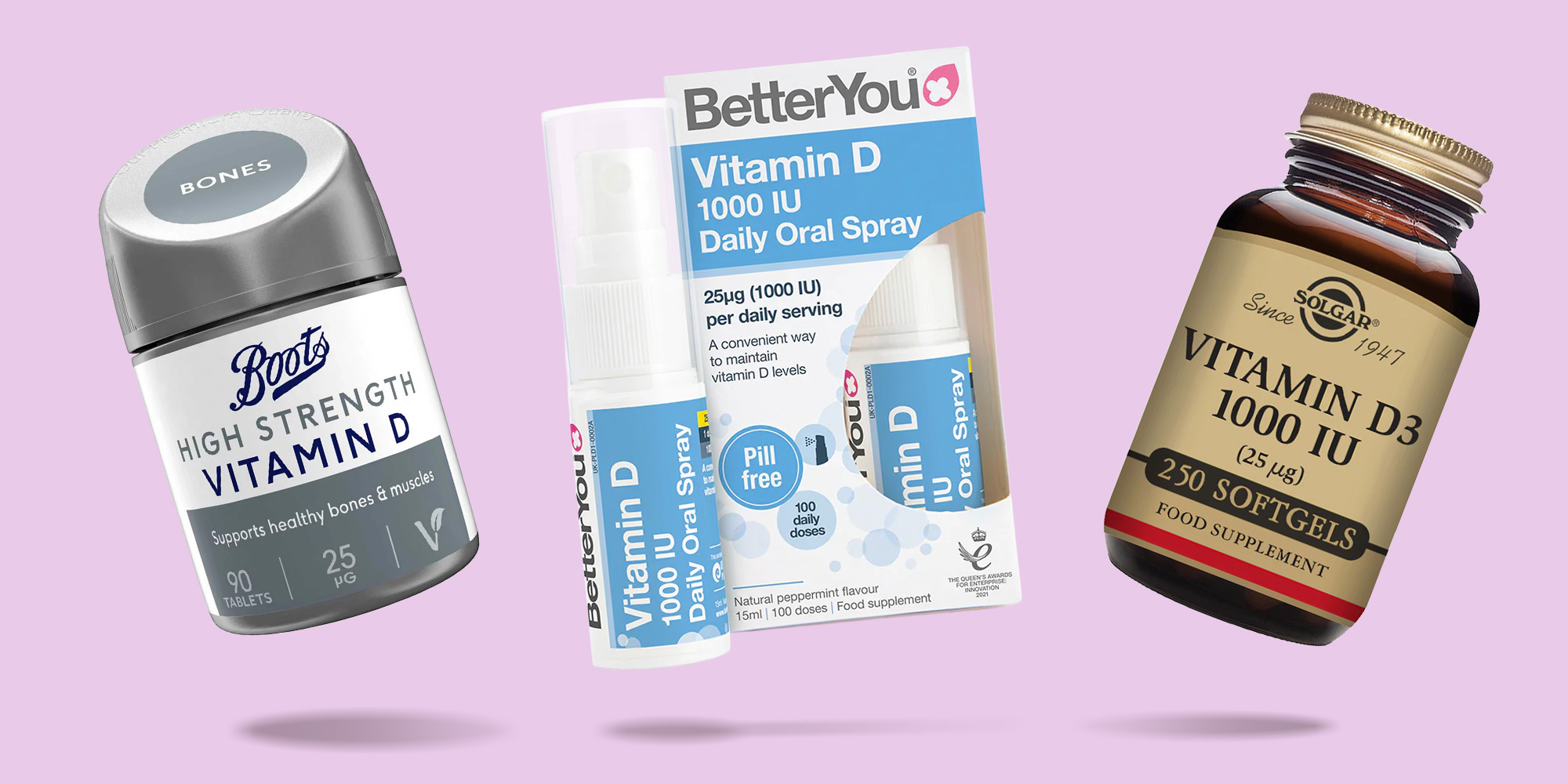
Our independent review of vitamin D supplements reveals the products you can trust to give you the best value and quality.
Our nutrition experts have analysed the contents of 30 popular vitamin D supplements, including a mix of tablets, capsules, sprays, drops and gummies.
We've uncovered the most readily absorbed options that will give you the optimal dose with the fewest unwanted extras. We also independently lab test our recommended products so you can be sure they live up to the label.
How our tests find you the best supplements
Bioavailability of nutrients
We assess how easily absorbed the vitamin D is and whether it's in a form that aids absorption
Dose
We rate the dose level and deduct points for doses that are too low to be effective or excessively high
Additives
Based on the latest research and insights, we rate the amount and type of bulkers, fillers and additives in each supplement. The fewer unnecessary extras included, the better
Lab tests
High-scoring products we plan to recommend are tested in an independent testing facility to ensure they contain what they're claimed to
Only logged-in Which? members can view our full vitamin D supplement test results, including the four top-rated products that scored more than 90%.
Join Which? to get instant access to our test results and Best Buy recommendations below as well as revealing our Great Value picks.
| Vitamin D supplements | Score | Cost per daily dose | Bioavailability | Dose | Additives |
|---|---|---|---|---|---|
Sign up to reveal Get instant access to this and all our scores and recommendations Unlock tableDigital £8.99 per month, cancel any time. Already a member? Log in | 99% | ||||
| 94% | |||||
| 93% | |||||
| 91% | |||||
| 75% | |||||
| 70% | |||||
| 69% | |||||
| 68% | |||||
| 67% | |||||
| 65% | |||||
| 65% | |||||
| 64% | |||||
| 63% | |||||
| 58% | |||||
| 55% |
Sign up to reveal
Get instant access to this and all our scores and recommendations
Unlock tableDigital £8.99 per month, cancel any time.
Already a member? Log in
Date tested: September 2025. Page last checked: October 2025. We are not able to show every retailer, and cheaper prices may be available.
A selection of popular vitamin D supplements included in our assessment are listed in alphabetical order below.
Only logged-in Which? members can view the best vitamin D supplements and see our full reviews and results.
Join Which? to get instant access to our test results and Best Buy recommendations below.
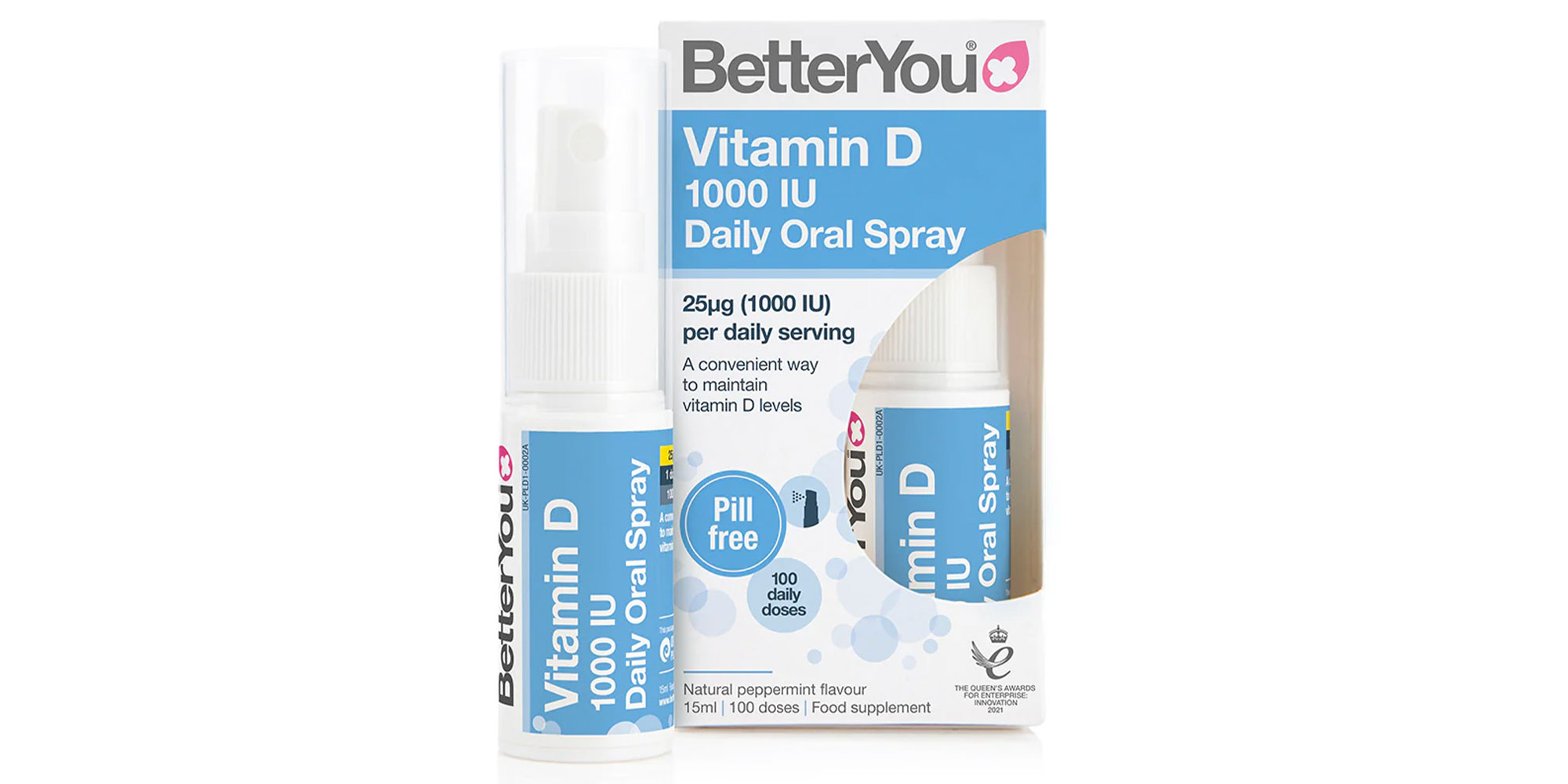
Our score and verdict Log in in or join Which? to instantly reveal
Available from BetterYou (£5.99 for 100 doses), Boots (£8.20 for 100 doses), Holland & Barrett (£7.95 for 100 doses)
Cost per daily dose 6p
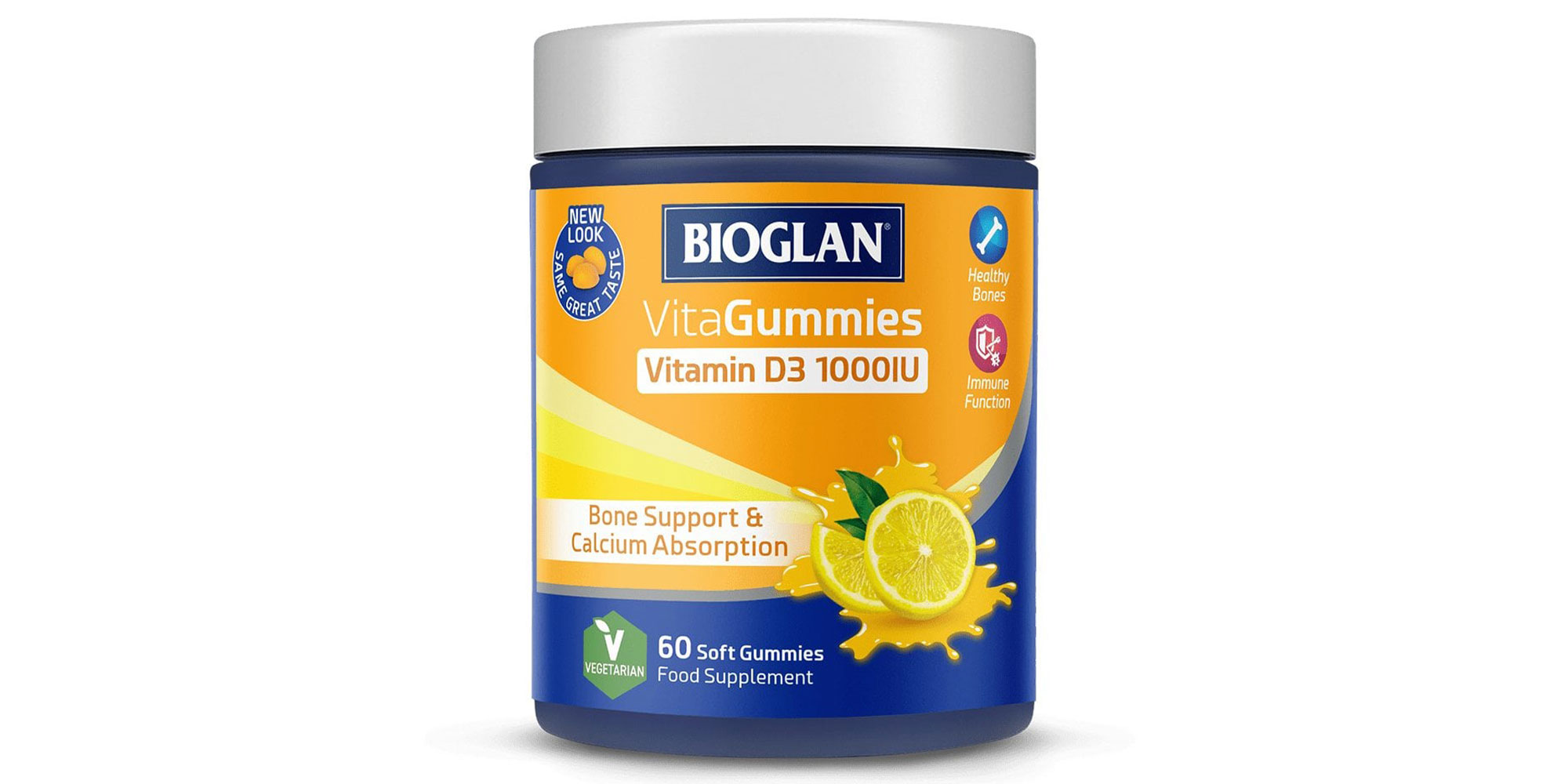
Our score and verdict Login in or join Which? to instantly reveal
Available from Amazon (£10.99 for 60), Holland & Barrett (£11.75 for 60)
Cost per daily dose 18p
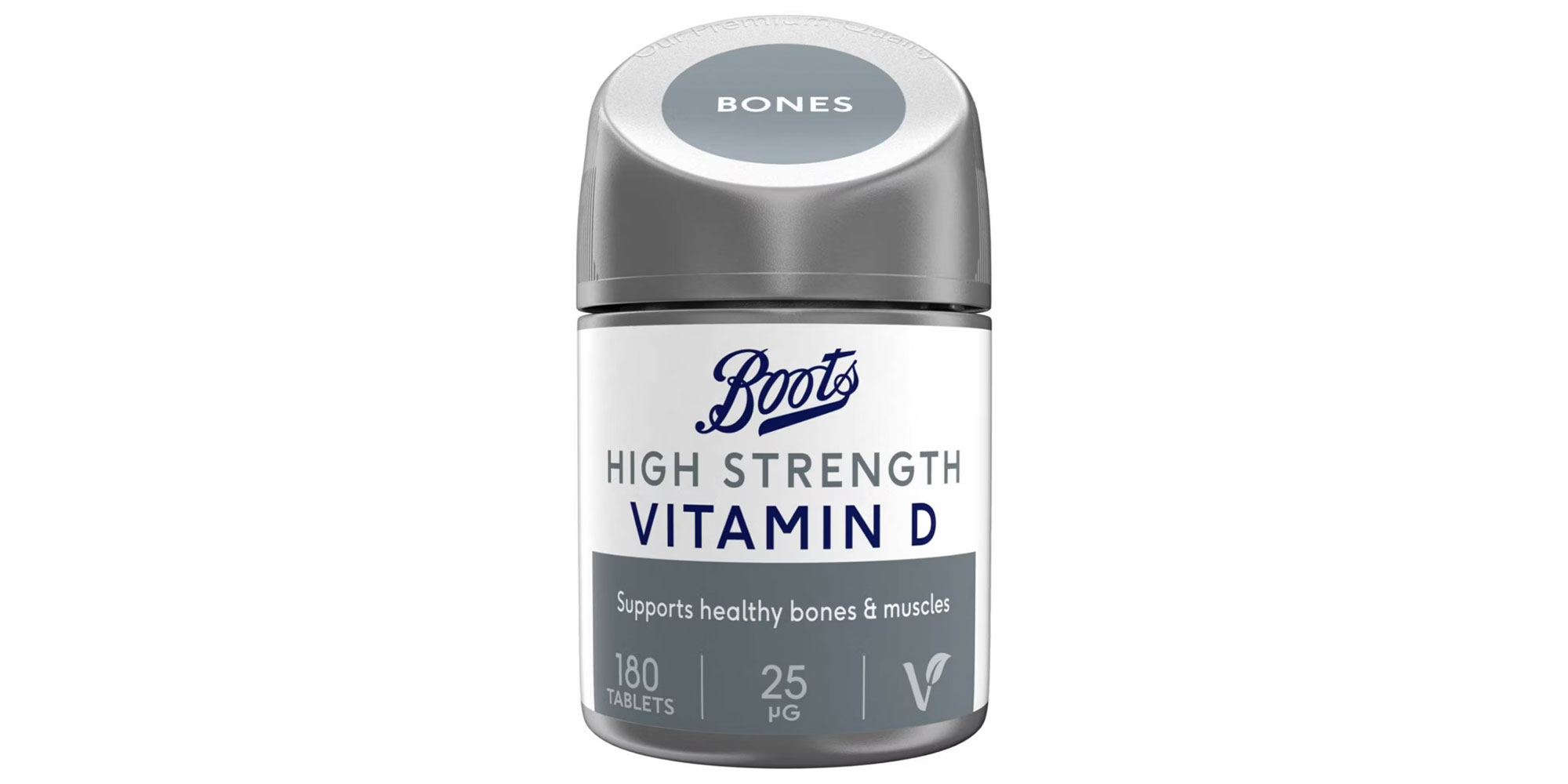
Our score and verdict Log in in or join Which? to instantly reveal
Available from Boots (£7.80 for 180)
Cost per daily dose 4p
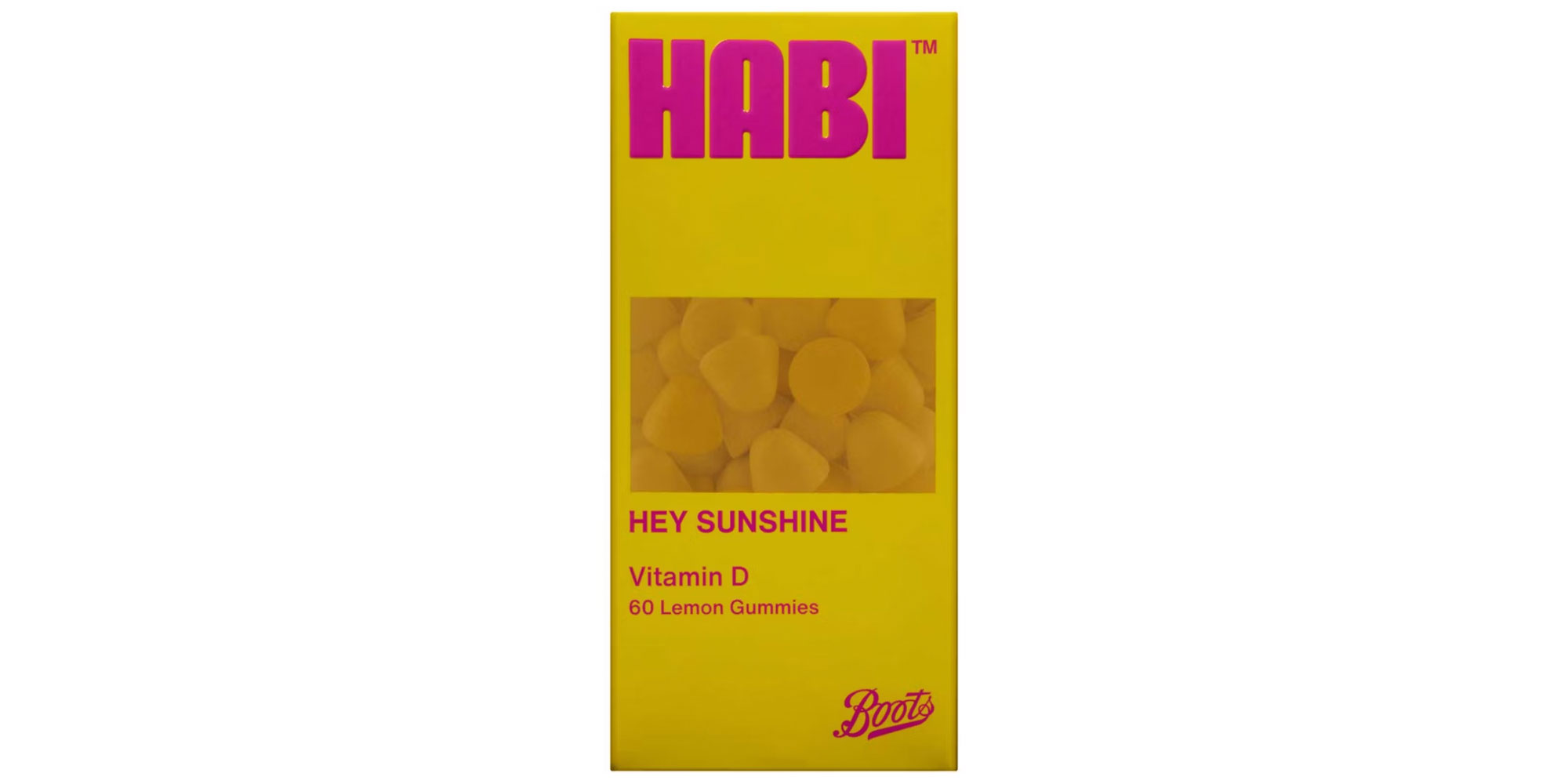
Our score and verdict Log in in or join Which? to instantly reveal
Available from Boots (£10 for 60)
Cost per daily dose 17p
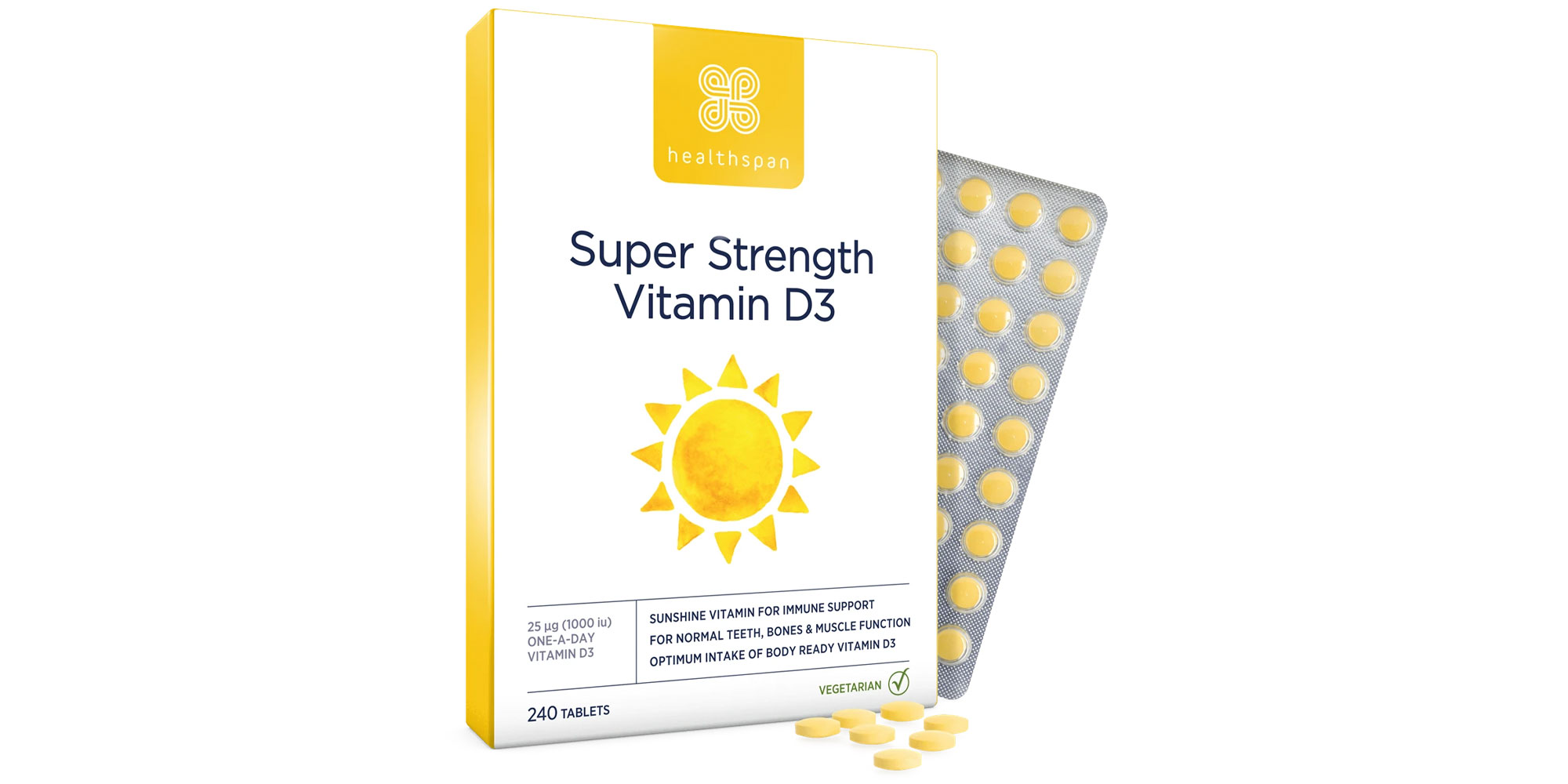
Our score and verdict Log in in or join Which? to instantly reveal
Available from Healthspan (£13.99 for 240), Amazon (£14.99 for 240)
Cost per daily dose 6p
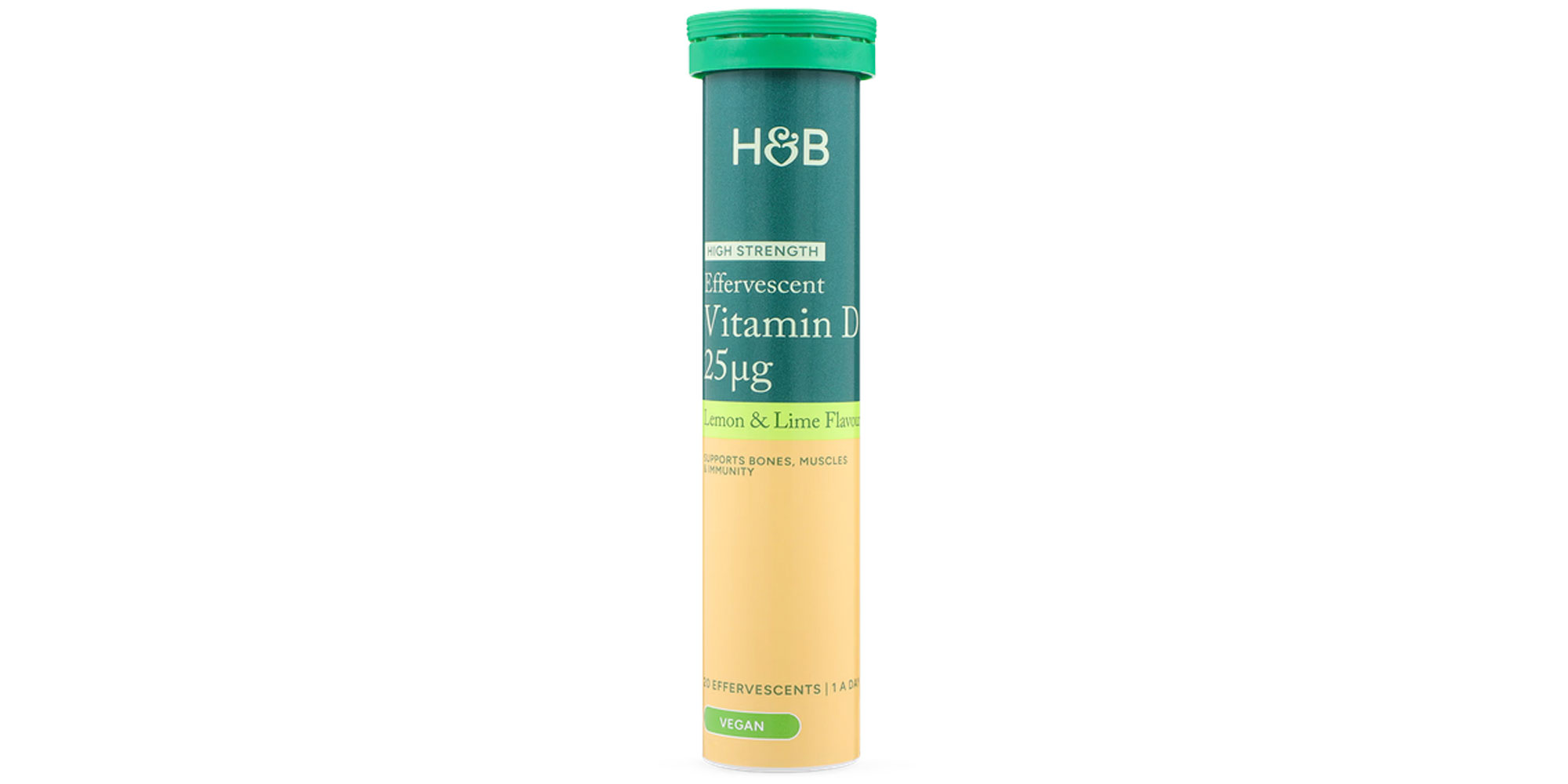
Our score and verdict Log in in or join Which? to instantly reveal
Available from Holland & Barrett (£4.49 for 20)
Cost per daily dose 22p
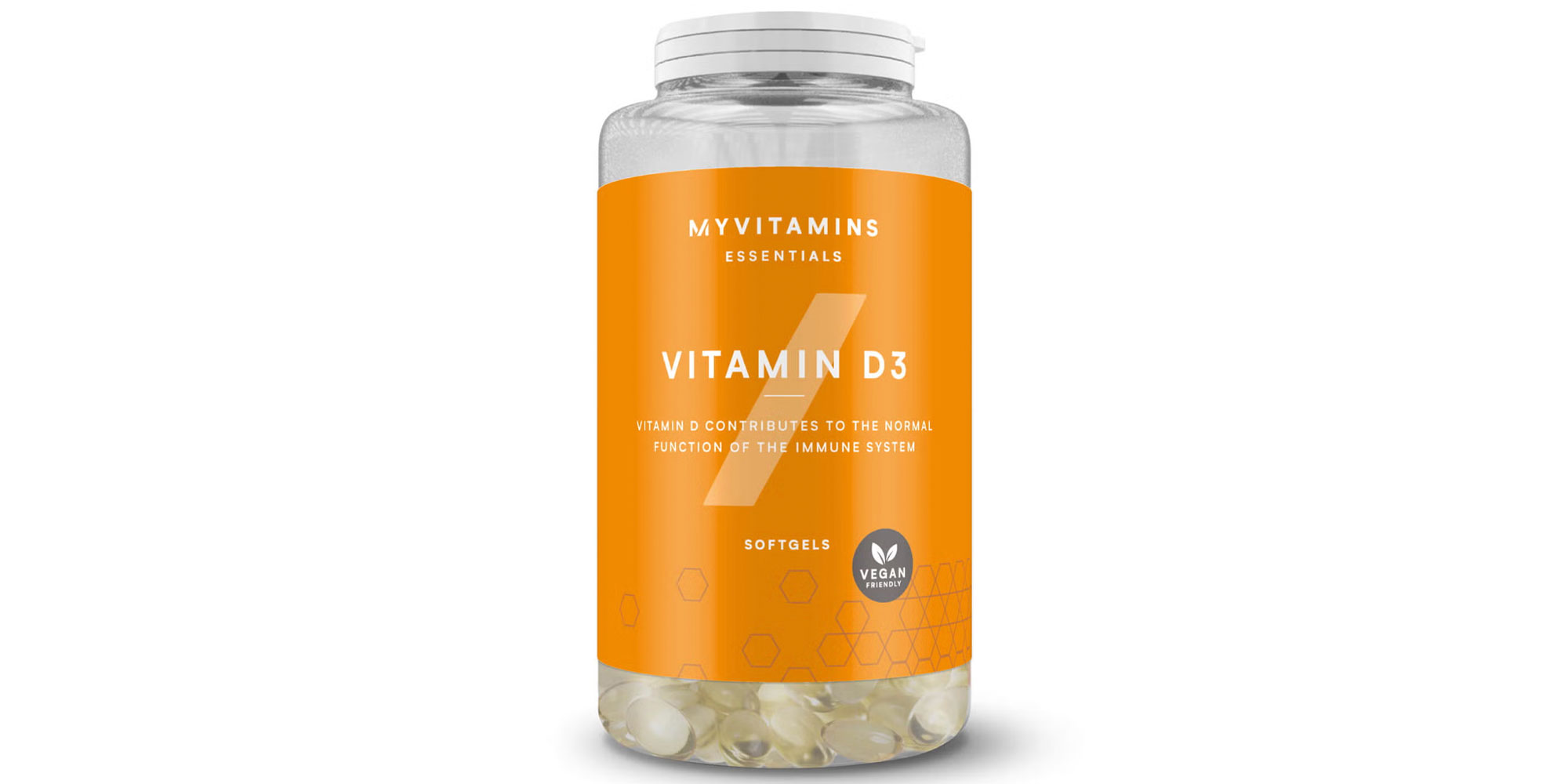
Our score and verdict Log in in or join Which? to instantly reveal
Available from MyVitamins (£14.99 for 180), AllBeauty (£5.99 for 60)
Cost per daily dose 8p
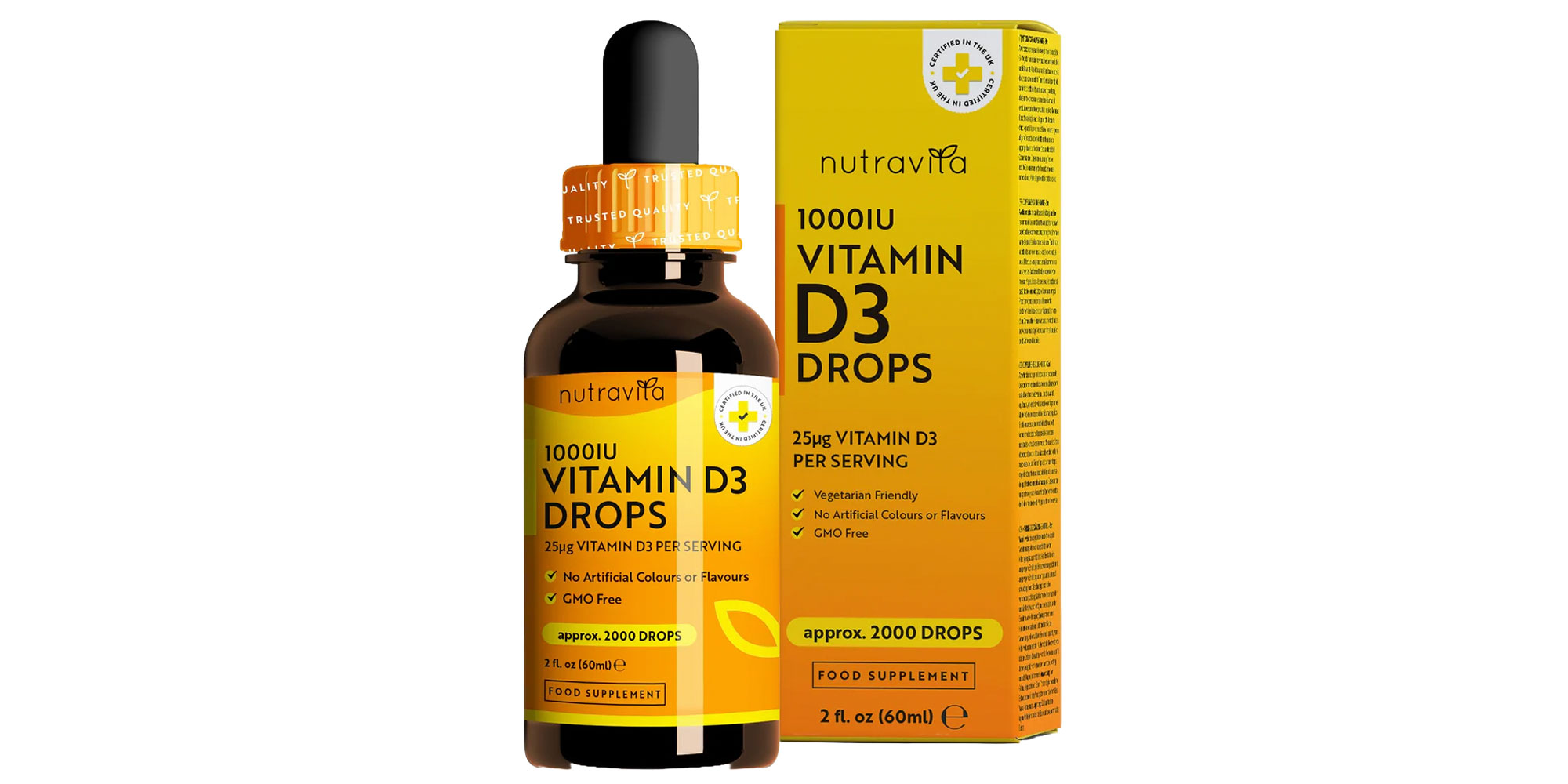
Our score and verdict Log in in or join Which? to instantly reveal
Available from Nutravita (£15.99 for 2,000 drops), Superdrug (£17.99 for 2,000 drops)
Cost per daily dose 2p (based on the shelf life of two years)
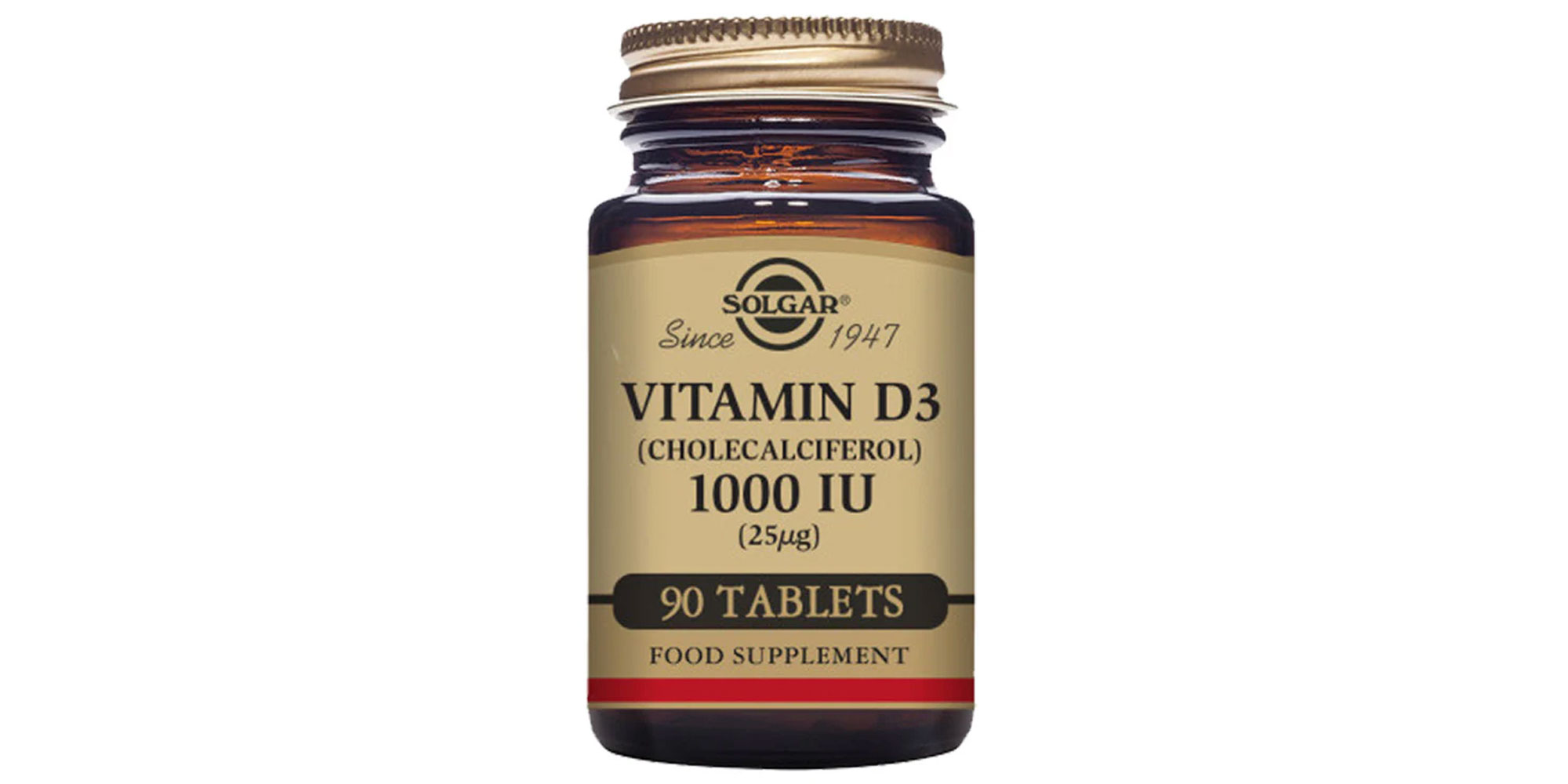
Our score and verdict Log in in or join Which? to instantly reveal
Available from Solgar (£17 for 180), Holland & Barrett (£17 for 180)
Cost per daily dose 9p
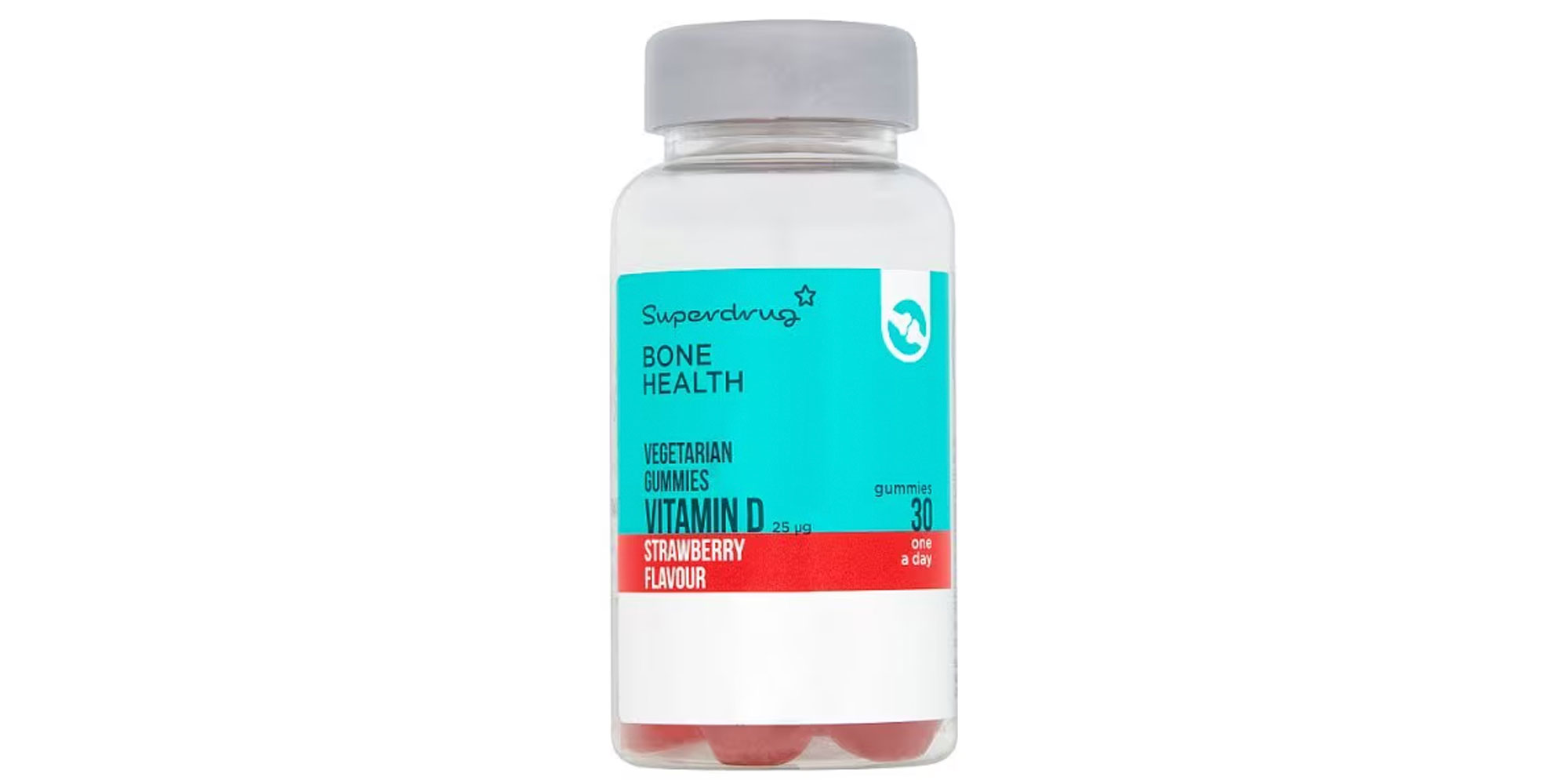
Our score and verdict Log in in or join Which? to instantly reveal
Available from Superdrug (£5.49 for 30)
Cost per daily dose 18p
Read more about the supplements you do and don't need
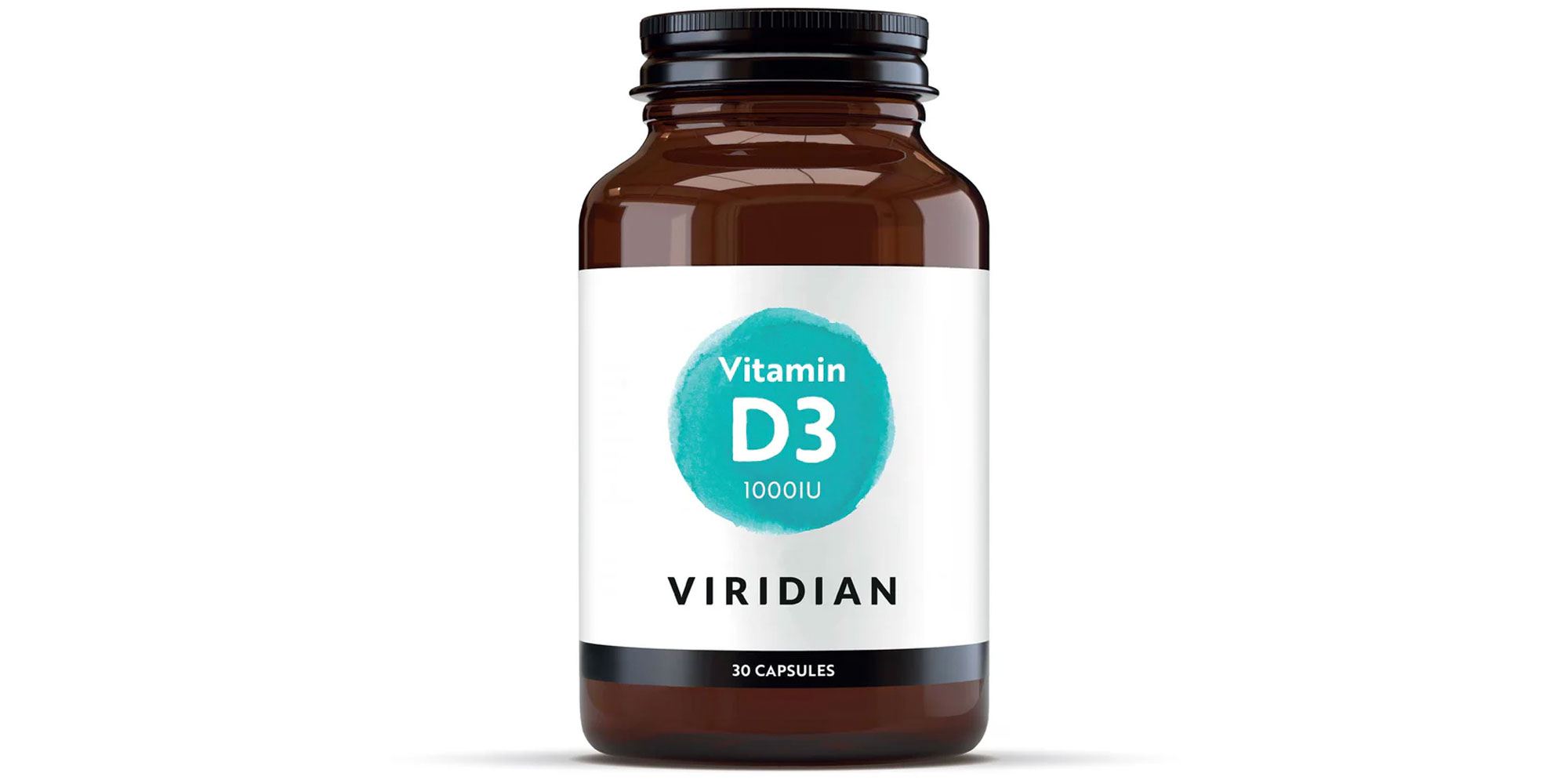
Our score and verdict Log in in or join Which? to instantly reveal
Available from Viridian (£17.75 for 90), Revital (£17.75 for 90)
Cost per daily dose 20p
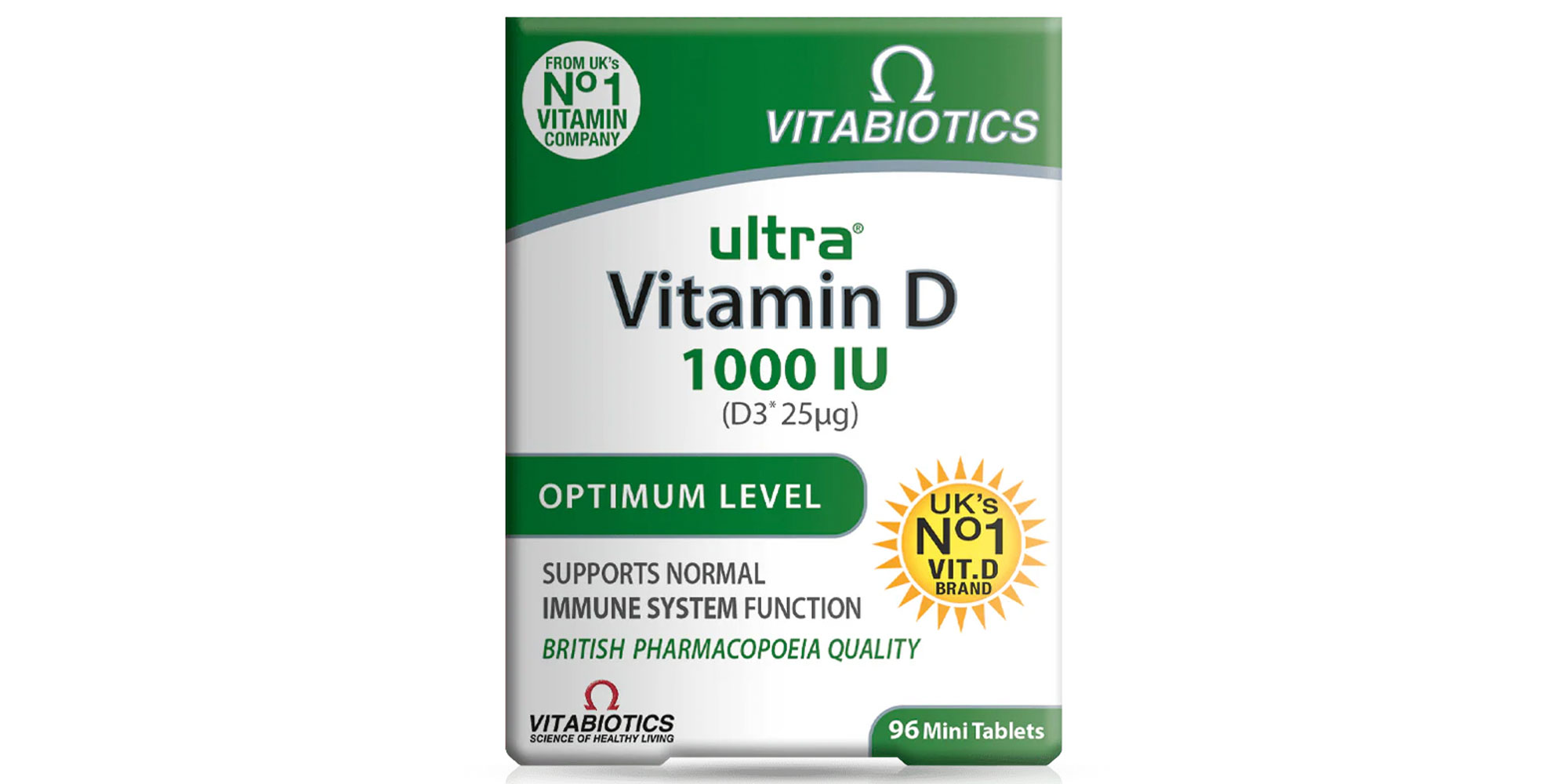
Our score and verdict Log in in or join Which? to instantly reveal
Available from Amazon (£6.15 for 96), Vitabiotics (£6.15 for 96)
Cost per daily dose 6p
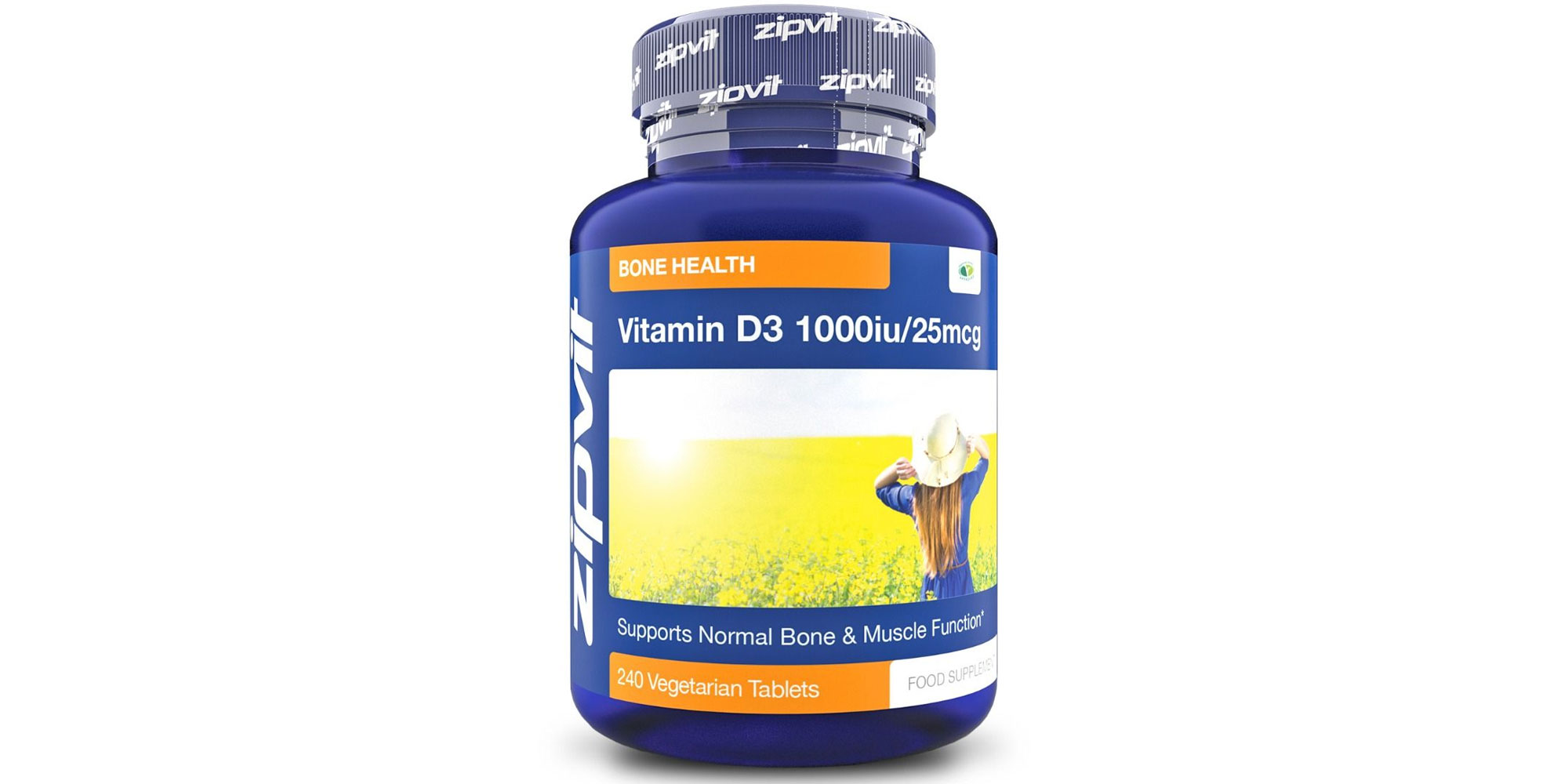
Our score and verdict Log in in or join Which? to instantly reveal
Available from Amazon (£7.99 for 365), Zipvit (£7.99 for 240)
Cost per daily dose 2p
Here are the rest of the vitamin D supplements we tested, listed in alphabetical order.
Only logged-in Which? members can view our full vitamin D supplement test results. Join Which? to get instant access today.
| Vitamin D supplement | Price | Score | Bioavailability | Dose | Additives |
|---|---|---|---|---|---|
| Bassetts Adult Vitamin D Gummy Pastilles | Amazon (£5 for 30), Holland & Barrett (£5 for 30) | ||||
| Boots Vitamin D Gummies | Boots (£5.50 for 30) | ||||
| Haliborange Vitamin D3 Adult Gummies | Amazon (£11.89 for 45), Superdrug (£10.99 for 45), Ocado (£11.50 for 45) | ||||
| Holland & Barrett Vitamin D Spray 1000IU | Holland & Barrett (£6.99 for 100 doses) | ||||
| Holland & Barrett Vitamin D3 1000IU Tablets | Holland & Barrett (£11.75 for 240) | ||||
| Holland & Barrett Vitamin D3 Gummies | Holland & Barrett (£6.25 for 30) | ||||
| Holland & Barrett Vitamin D3 Vegan Gummies | Holland & Barrett (£5.99 for 30) | ||||
| Lamberts Vitamin D3 1000IU Capsules | Lamberts (£13.50 for 120), Revital (£13.50 for 120) | ||||
| Lamberts Vitamin D3 1000IU Gummies | Bodykind (£12.95 for 60), Lamberts (£12.95 for 60) | ||||
| Natures Aid High Strength Vitamin D3 1000IU | Amazon (£6.95 for 90), Natures Aid (£9.95 for 180), Ocado (£6.65 for 90) | ||||
| Solgar Vitamin D3 1000IU Softgels | Solgar (£12.95 for 100), Holland & Barrett (£22.50 for 250) | ||||
| Superdrug High Strength Vitamin D 25cg | Superdrug (£3.99 for 90) | ||||
| Superdrug Vtamin D 25mcg Effervescent Tablets | Superdrug (£3.49 for 20) | ||||
| Verywell Vitamins Vitamin D Effervescent Tablets | Asda (£3.98 for 20) | ||||
| Verywell Vitamins Vitamin D Gummies | Asda (£5.98 for 30) | ||||
| Vitabiotics Utra Vitamin D Gummies | Amazon (£11.95 for 50), Holland & Barrett (£11.95 for 50), Vitabiotics (£11.95 for 50) |
Date tested: September 2025. Page last checked: October 2025. We are not able to show every retailer, and cheaper prices may be available.
We've selected a range of popular vitamin D supplements, including sprays, gummies and tablets from big brands and own brands, to uncover the best options.
We've focused on products containing 25 micrograms of vitamin D, which is the most popular dose level on the high street. It's often labelled 'high strength' as it's just over double the recommended amount people are suggested to take to prevent deficiency, but well below the upper safety limit of 100 micrograms for daily use.
Our review assesses three key factors:
To qualify as a Best Buy, a vitamin D supplement had to meet minimum score thresholds for all three key assessments, score highly overall and pass an independent lab check to ensure the vitamin D levels matched what's on the label. Products that are also significantly cheaper than the average cost are also labelled as Great Value buys.
Most vitamin D supplements contain vitamin D3. This is the most bioavailable, or easily absorbed, form (vs vitamin D2). But some products include oil to improve absorption (vitamin D is fat-soluble), and others don't. With oil-based supplements, you don't need to worry about taking them with food to get optimal results, as the fat in them will help absorption, which makes them more convenient.
Some formats have specific benefits, too. With spray formulations the vitamin D is absorbed directly into your bloodstream from soft tissues in your mouth, bypassing the digestive system. This may be more suitable for people with gastrointestinal conditions that affect absorption such as coeliac disease, Crohn's disease and IBS.
Why you can trust us: at Which? we're free from manufacturer and retailer influence. Find out more about our impartiality and how your support helps us to stay editorially independent
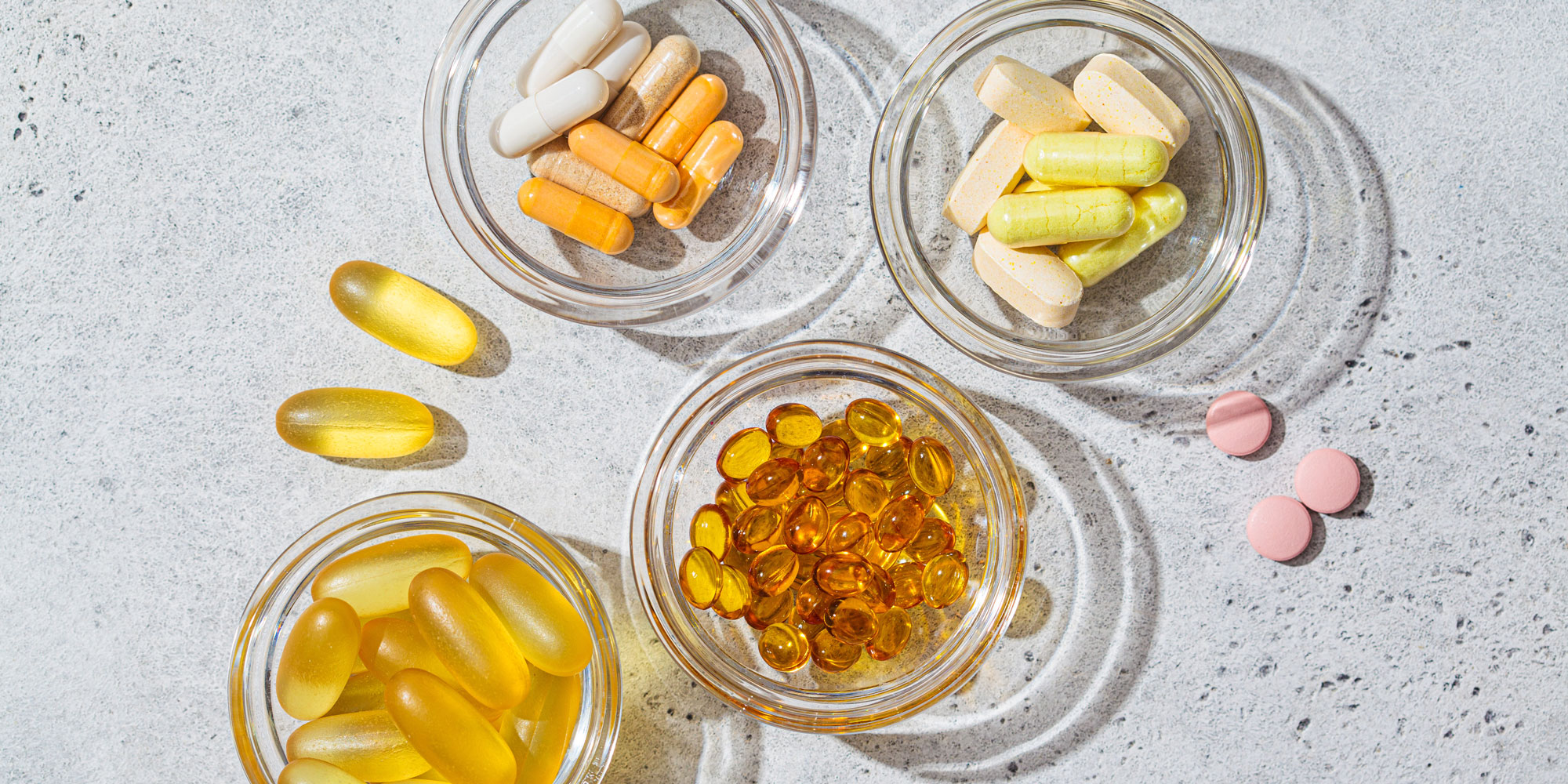
NHS guidance recommends that between October and March, everyone above the age of one takes a daily supplement containing 10mcg (micrograms) of vitamin D. This includes pregnant and breastfeeding women.
Breastfed babies should also have 8.5-10mcg a day. Babies on formula milk don't need an additional supplement, as formula already contains vitamin D. You can find out more in our guide to vitamin D supplements for babies and children.
However, many widely available supplements contain higher doses than this. This isn't necessarily a bad thing. Lots of people in the UK are likely to be deficient in vitamin D, and taking a supplement containing 10-50mcg a day is generally considered to be safe.
The NHS advises the following upper safety limits for vitamin D:
Doses can be a bit confusing, as they may be stated in micrograms (written as mcg or μg) or international units (IU). We've given both above. 25mcg is equivalent to 1,000IU and is the most common dosage - it should be plenty for most people.
Don't be tempted by super high doses, and be aware that vitamin D is frequently added to other supplements, as well as some food and drink (especially cereals, smoothies and health drinks), so keep an eye on your overall intake.
If you are extremely deficient in vitamin D your GP may prescribe a higher weekly dose above these limits for a short time period. But don't go it alone. Taking too much vitamin D over a long period can cause calcium to build up in the body, which can actually weaken bones and damage your heart and kidneys. This is known as hypercalcaemia.
Some people are at higher risk of vitamin D deficiency. If you're in one of these groups, the NHS recommends that you take a vitamin D supplement all year around.
Those at higher risk include:
It's not easy to spot vitamin D deficiency. Some people might feel tired or get aches and pains. Your doctor can carry out a blood test to check your levels.

Yes. Experts recommend that everyone in the UK takes a vitamin D supplement during the autumn and winter months. This is because, due to low UV levels in the UK in winter, our bodies can't produce enough of it naturally (from daylight) between October and March, and you can't get enough from food sources.
Vitamin D is an essential nutrient with numerous critical roles in the body. Its key function, which underpins several approved UK health claims, is to maintain normal bone and muscle health by absorbing calcium and phosphorus.
Vitamin D also plays an important role in keeping your immune system functioning properly.
Best multivitamin and mineral supplements - see our independent expert reviews for the best options to buy

There are two forms of vitamin D in supplements: D2 (ergocalciferol) and D3 (cholecalciferol). Both are absorbed in the small intestine, although some studies have shown that vitamin D3 supplements are better at raising vitamin D levels than D2 supplements.
Some supplements contain both vitamin D and K. This is because both are needed for calcium metabolism. However, the current evidence doesn't suggest you need to take supplements that combine the two, especially as it's easy to get enough vitamin K from your diet (think leafy greens).
Vitamin D supplements come in plenty of different formats – from sprays and gummies to tablets and liquid drops. Sprays, drops and gummies are handy if you prefer alternatives to swallowing pills or have digestive issues that impact absorption. Supplements with added oils mean you don't need to worry about taking them with food, as the fat in them will help absorption.

There is no specific time of day that's been shown to be the best time to take Vitamin D. The most important thing is consistency, so it's best to choose the time of day that will be most convenient and practical for you.
Vitamin D is a fat-soluble vitamin, so if you're taking it in a format that doesn't include any oil, such as a tablet, then it's best to take it with fat-containing foods for optimum absorption.
If you have any pre-existing health conditions or take regular medication, you should check with a healthcare professional such as a doctor or pharmacist before starting to take any supplements, including Vitamin D.
Some medications, including diuretics, high blood pressure and anti-seizure medications, can interact with Vitamin D, affecting their absorption and/or effectiveness.
Babies fed more than 500ml of infant formula a day shouldn’t be given Vitamin D supplements because formula already contains it.

Use our expert advice and recommendations to live your best life every day.
Get startedOur Vitamin D assessment was conducted by Which? nutritionist Shefalee Loth and Sophie Medlin, consultant dietitian.
Shefalee Loth, Which? principal researcher and nutritionist

Shefalee is a public health nutritionist with 20 years' experience, and has worked for the NHS, The London School of Hygiene & Tropical Medicine and World Cancer Research Fund.
At Which?, Shefalee is a principal researcher, researching and writing food and nutrition content for our magazine and website. She is also a media spokesperson and the research lead for our health and wellbeing reviews. She is a trustee at Sustain, the food and farming alliance.
Shefalee focuses on cutting through the hype to explain what you need to know about nutrition and healthy eating. From 'How bad is ultra-processed food?' to the 'Top gut health myths you need to know about' and 'What really works to cut cholesterol', she gives no-nonsense advice to help you make healthier choices and save money.
Sophie Medlin, consultant dietitian and founder of CityDietitians

Sophie Medlin is a well-recognised consultant dietitian with nearly 20 years' experience working across the NHS and academia and within her own private practice at CityDietitians.
Sophie is chair of the British Dietetic Association for London.
With her in-depth knowledge of nutrition – both theoretical and applied – Sophie has helped to formulate supplements, giving her insight into the strengths and weaknesses of products and the manufacturing process.
How to get the most from your GP appointment – we explain what to ask your GP and how to take charge of your health